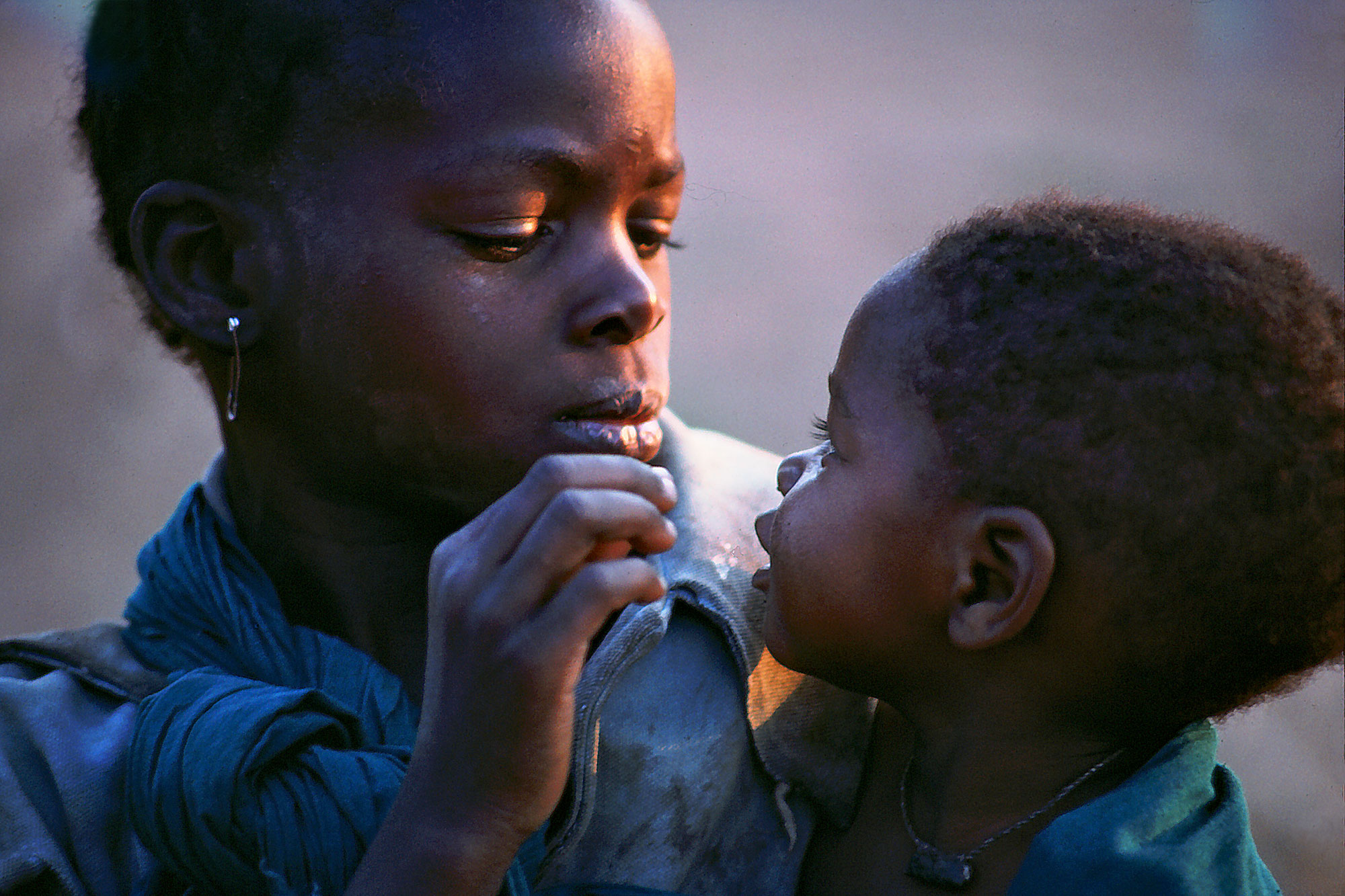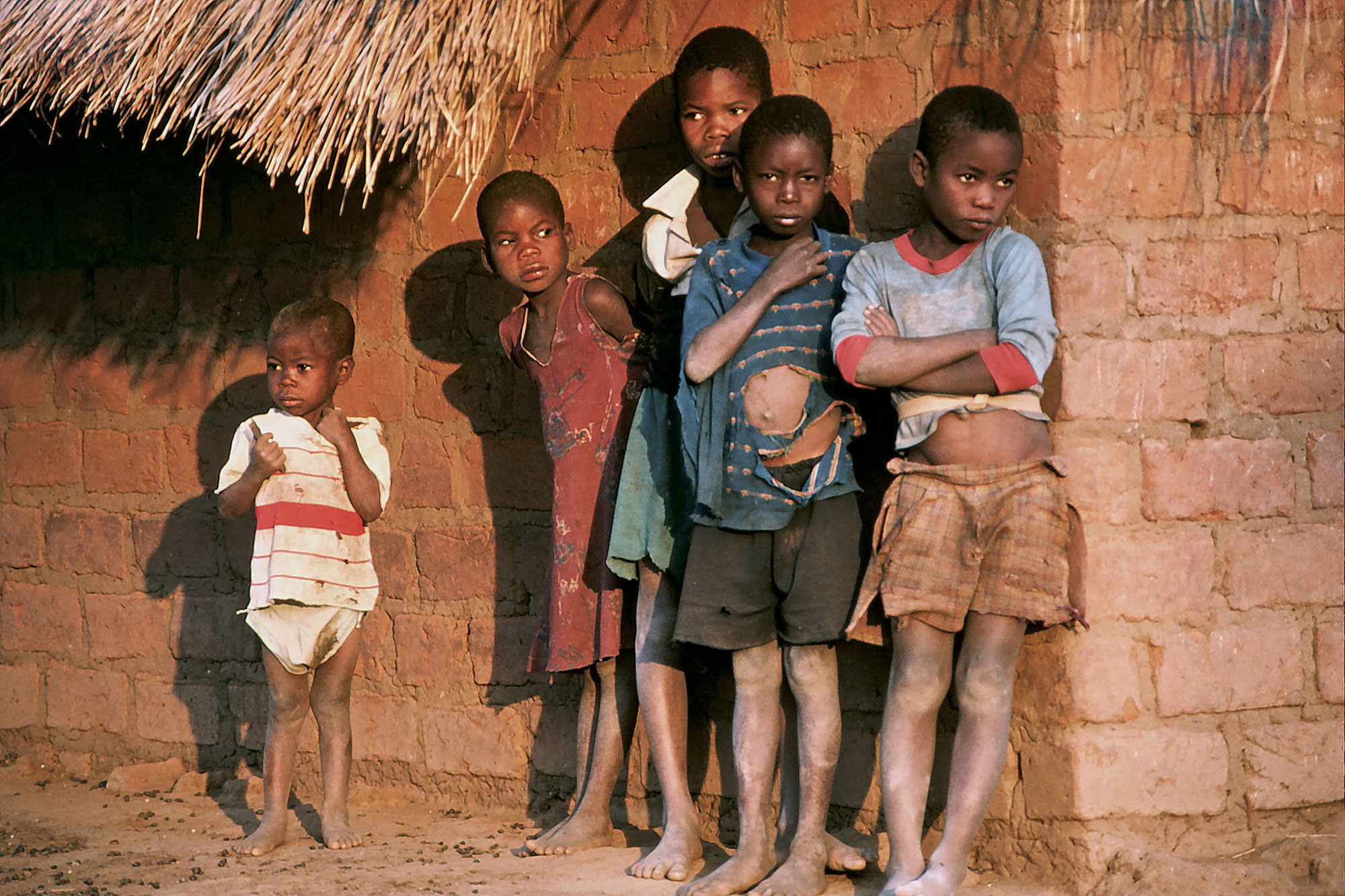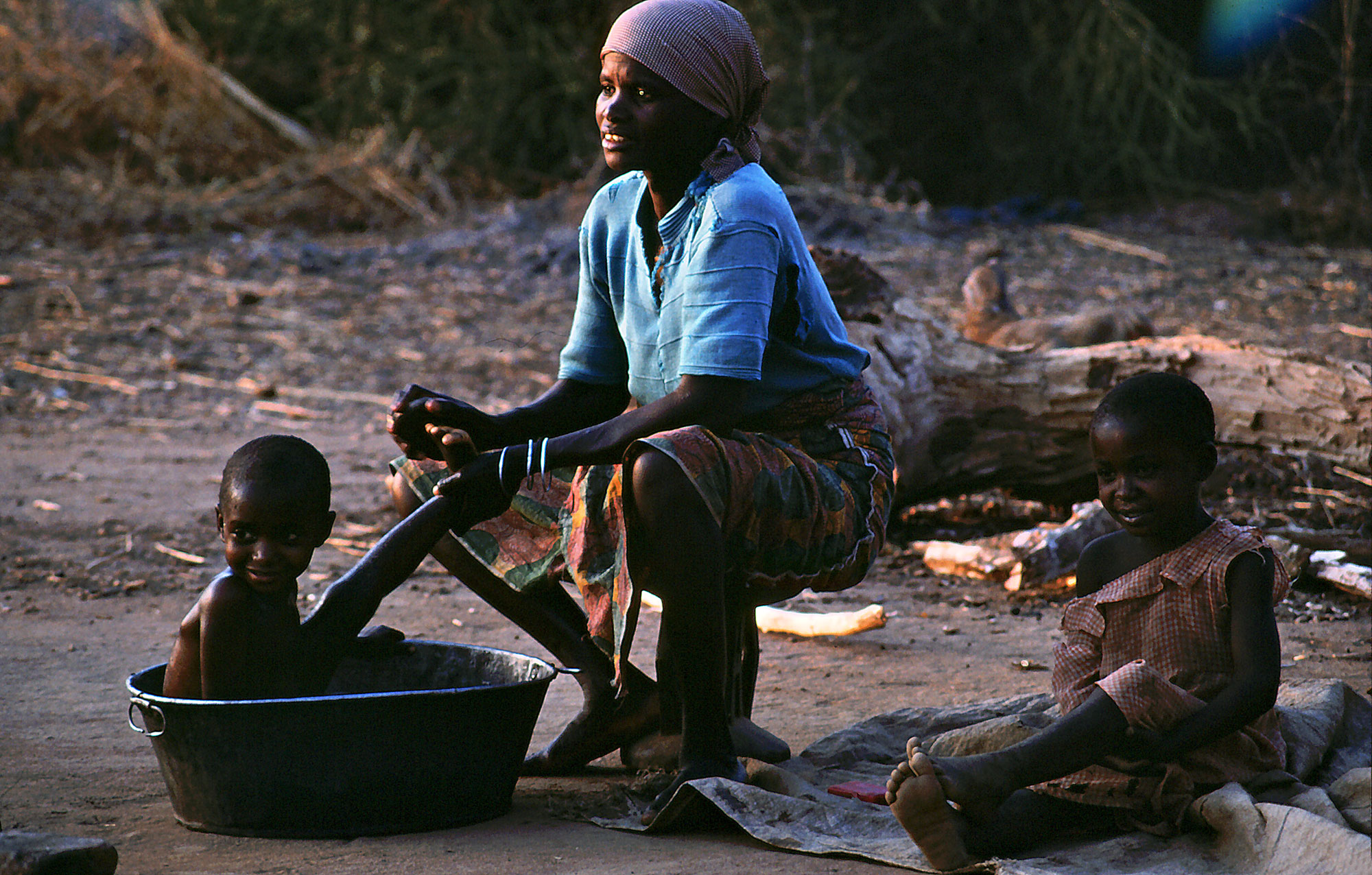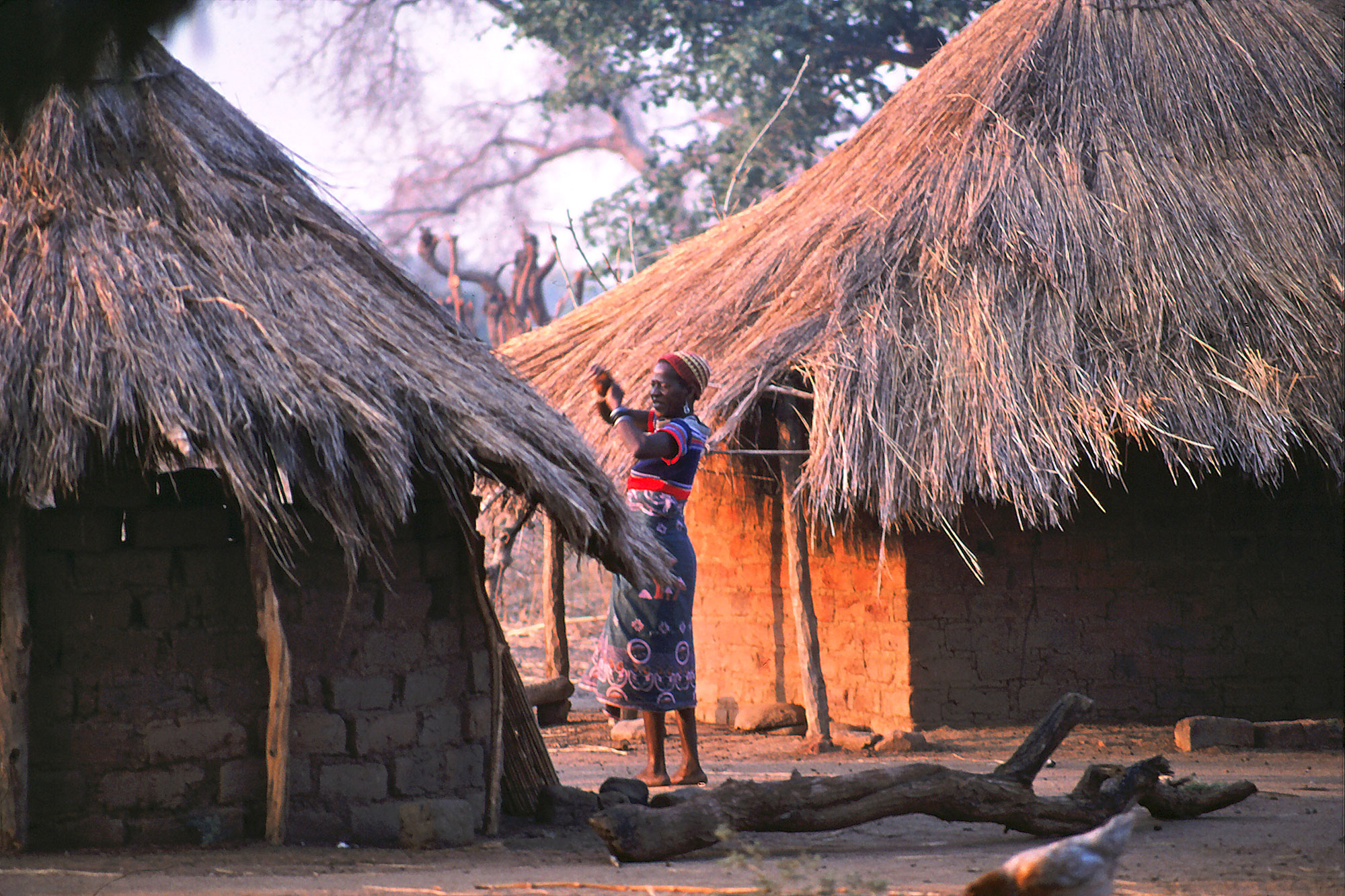Let's Try Again
Africa is an exclusive experience. Safari Africa is expensive and Rural Africa is rarely sought after by anyone – it is the domain of state agencies and NGO’s. If you experienced one of those Africas, you could never imagine the other. In the early nineties I worked on a project sponsored by UNESCO to train filmmakers in Zimbabwe. During a scheduled break in classes I was invited to film a documentary about a rural aid project for a local filmmaker. The aim of the project was to try to re-integrate men into the social structure of the drought and AIDS ravaged villages just a few hours drive from Lusaka. When the chips are down, it always seems to be the men who lose their way, recalling Margaret Mead’s famous dictum that “civilization exists solely to create appropriate roles for men.” This couldn’t have been truer in the context of what I encountered in Zambia. The village we were in had been decimated by drought after being relocated by the government to its current location in order to make way for a reservoir that resulted from damming up the Zambezi River. The rain never came, the crops were failing and the men had given up, leading them to drinking copious amounts of maize beer and cavorting with prostitutes – which led to the rampant spread of AIDS and yet more misery. The project was having notable success and we interviewed a number of men who wept as they attested to their renewed sense of purpose and meaning they had found in holding things together for their wives and families. It was the hardest living I have seen anywhere in the world – and in every way the most heroic. The village had a long, multi-syllabic name that seemed curious to me. Before we left I noted this to one of the project leads and asked her what the name meant. She responded, “let’s try again.” I excused myself as if she had misunderstood me, but Edna simply replied, “Jim, the name of the village is Let’s Try Again.”




